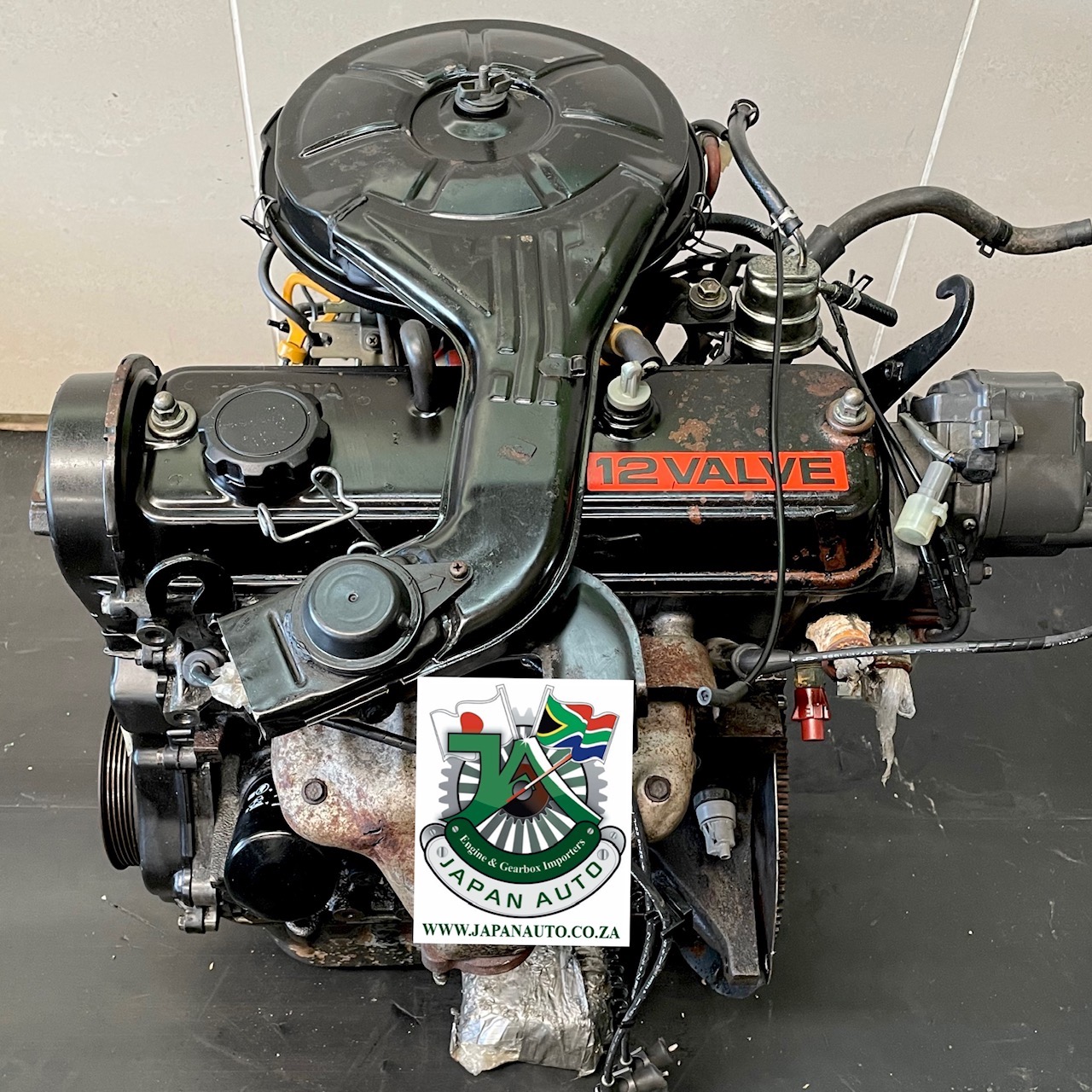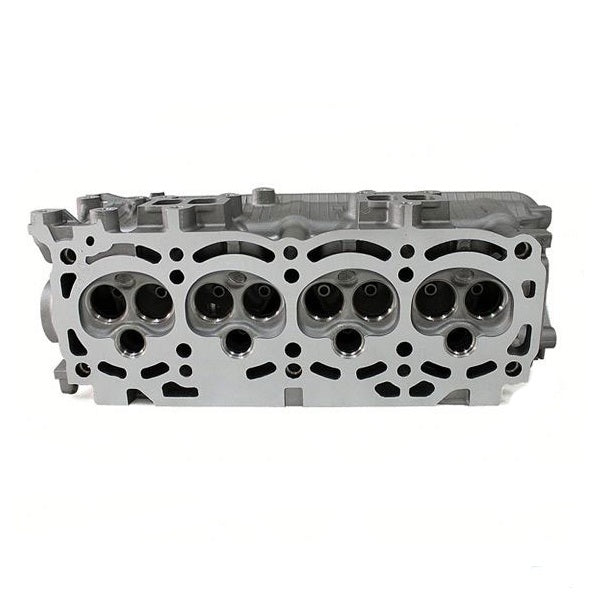Toyota Tazz: A Reliable and Affordable Compact Car for Everyday Use
Toyota Tazz: A Reliable and Affordable Compact Car for Everyday Use
Blog Article
Discover the Most Current Fads in Engine Technology Via Tazz
In the quickly advancing landscape of vehicle innovation, Tazz stands at the center, highlighting considerable advancements in engine systems that focus on both advancement and sustainability. tazz. From hybrid engines that maximize gas performance to the development of hydrogen gas cells, the fads shaping modern-day powertrains are not just enhancing performance but additionally attending to essential environmental challenges. As the industry continues to push limits, it is crucial to consider exactly how these developments will affect future transport solutions and the more comprehensive effects for worldwide power consumption. What lies ahead in this crucial makeover?
Hybrid Engine Innovations
Hybrid engine technologies represent a crucial shift in automotive modern technology, integrating the benefits of interior combustion engines with electric propulsion systems. This integration not only enhances fuel efficiency yet additionally minimizes exhausts, conference progressively rigorous environmental laws. By utilizing both power sources, hybrid engines can optimize performance, supplying power when required while conserving gas during much less demanding motoring problems.
Current innovations in hybrid innovation include enhancements in battery effectiveness and regenerative stopping systems. These developments permit greater power recovery during slowdown, which can be redirected to aid in acceleration or power accessory systems. Manufacturers are concentrating on lightweight materials and compact designs to make best use of the performance of hybrid powertrains.
The development of plug-in crossbreeds has likewise increased the market, enabling vehicle drivers to bill their automobiles utilizing basic electric outlets. This attribute usually enables for significant all-electric variety, more decreasing reliance on typical fuels. tazz. As the automotive sector remains to progress, hybrid engine technologies are anticipated to play an important function in bridging the void between conventional automobiles and fully electrical versions, providing a transitional solution that satisfies varied consumer demands and preferences
Advances in Electric Powertrains
The automotive landscape is swiftly developing, with electric powertrains becoming a leading pressure in sustainable transport. Advancements in electric lorry (EV) technology are dramatically boosting individual, efficiency, and effectiveness experience. Trick technologies consist of improvements in battery chemistry, which have raised energy density, lowered billing times, and extended total battery life.
Solid-state batteries, for example, promise to revolutionize the marketplace by giving better safety and security and efficiency compared to conventional lithium-ion cells. Developments in regenerative stopping systems are making it possible for automobiles to recuperate energy during slowdown, adding to overall efficiency.
Along with battery modern technology, electric motor designs are ending up being much more sophisticated. Advancements such as integrated electric motors and progressed thermal monitoring systems are helping to optimize power delivery and lower weight, ultimately enhancing car characteristics.

Collectively, these developments highlight the commitment to transition in the direction of cleaner, extra effective transport services, placing electrical powertrains at the center of automotive advancement.
The Surge of Hydrogen Fuel Cells
Increasingly, hydrogen fuel cells are acquiring grip as a viable option to traditional interior burning engines and battery electrical automobiles. This technology utilizes the chemical energy stored in hydrogen, transforming it into power through an electrochemical reaction with oxygen. The primary result of this process is water, making hydrogen gas cells an environmentally friendly option with no discharges at the tailpipe.

Car manufacturers are significantly buying hydrogen gas cell technology, acknowledging its potential for long-range applications and quick refueling capabilities that match standard fuels. Furthermore, industries such as durable transportation and public transportation are specifically fit for hydrogen fuel cells, where battery electric options may fail due to weight and range constraints.
As study and investment continue to expand, hydrogen gas cells are poised to play a substantial function in the future landscape of tidy visit our website transport and energy services.
Enhancements in Internal Combustion Engines
Technologies in inner burning engine (ICE) modern technology are changing traditional cars to meet modern-day look what i found environmental standards and performance assumptions. Straight gas injection, for instance, permits for far better atomization of gas, leading to even more full burning and enhanced power output.
In addition, turbocharging has obtained importance, enabling smaller sized engines to deliver greater performance without the weight of bigger engines - tazz. This modern technology not just increases efficiency yet also contributes to decrease fuel consumption. Variable shutoff timing systems are likewise being refined, enabling engines to adapt to different driving conditions for boosted torque and responsiveness
In addition, using light-weight materials in engine building is becoming common, additional enhancing fuel performance by reducing overall automobile weight. Engine control units (ECUs) are increasingly innovative, allowing real-time changes that maximize performance and exhausts.
These enhancements jointly indicate a critical change in ICE modern technology, aligning with worldwide sustainability objectives while still offering the performance drivers anticipate from their cars. As the market advances, these enhancements remain to form the future of traditional automotive engineering.
Future Patterns in Engine Efficiency
Significant innovations in engine efficiency are expected as suppliers concentrate on incorporating innovative technologies to satisfy rigid environmental policies and consumer needs. The change towards electrification, crossbreed systems, and different fuels is improving the automobile landscape, driving developments that enhance fuel economic climate and reduce discharges.
One of the key trends is the application of innovative materials and producing strategies. Lightweight compounds and high-strength alloys add to reduced automobile weight, hence improving overall performance. In addition, the fostering of web turbocharging and variable shutoff timing modern technologies enables boosted power outcome from smaller sized engines, even more improving gas economic situation.

Conclusion
Advancements in crossbreed engine systems, electrical powertrains, and hydrogen fuel cells demonstrate a dedication to reducing exhausts while enhancing performance. Renovations in inner combustion engines and an emphasis on light-weight materials add to total engine performance.
From hybrid engines that maximize fuel efficiency to the introduction of hydrogen gas cells, the fads shaping modern powertrains are not only improving performance however also dealing with essential ecological difficulties.Hybrid engine advancements represent a critical change in automotive innovation, incorporating the benefits of inner burning engines with electrical propulsion systems.Furthermore, turbocharging has actually gained prominence, allowing smaller sized engines to deliver higher efficiency without the weight of bigger engines. In addition, the fostering of turbocharging and variable shutoff timing innovations allows for boosted power result from smaller engines, even more boosting gas economic climate.
Enhancements in interior burning engines and a focus on light-weight materials contribute to overall engine effectiveness.
Report this page